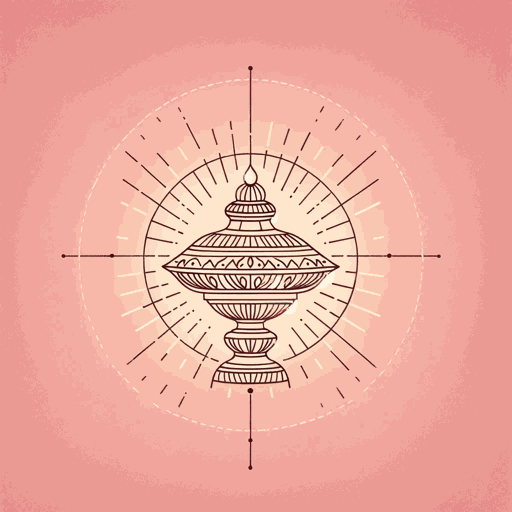74 pages • 2 hours read
Arundhati RoyThe Ministry Of Utmost Happiness
Fiction | Novel | Adult | Published in 2017A modern alternative to SparkNotes and CliffsNotes, SuperSummary offers high-quality Study Guides with detailed chapter summaries and analysis of major themes, characters, and more.
Important Quotes
“She lived in the graveyard like a tree. At dawn she saw the crows off and welcomed the bats home. At dusk she did the opposite. Between shifts she conferred with the ghosts of vultures that loomed in her high branches.”
(Chapter 1, Page 7)
In the very first lines of Chapter 1, Roy establishes that the boundaries between life and death will be blurred in the novel that follows. The idea of anyone “living” in a graveyard is unexpected in and of itself, and Roy then further complicates the picture by saying that Anjum routinely “confers” with the dead (in this case, the vultures). Roy’s matter-of-fact tone suggests that there is nothing unusual about any of what she is describing, and that the border between life and death is naturally porous in this way.
The passage begins to offer an image of Anjum’s graveyard home as a place that exists outside of ordinary human time; the cemetery not only houses those who (because they have died) are no longer subject to time, but also follows rhythms of its own that are unchanging and eternal. The comparison of Anjum (who appears for the first time in this passage) to a tree suggests that she herself is very much a part of this world, both rooted within it and living on a timescale that greatly surpasses that of an individual human life.


